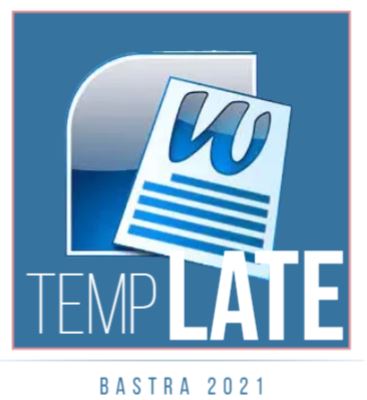CAMPUR KODE KATA DALAM NOVEL RADIKUS MAKAN KAKUS KARYA RADITYA DIKA
Keywords:
code, code-mixing, wordAbstract
This study aims to obtain a description of the type and form of code-mixing in the novel word Radikus Makankakus, works: Raditya Dika. The research data was sourced from the novel Radikus Makankakus, works: Raditya Dika. Collecting data in this study using basic techniques which refer to tangible tapping techniques and techniques recorded as engineering sequel. Based on the results of the research, that the novel Radikus MakanKakus, found mixed the type of code into the (inner code maxing) and mixed the type of code to the outside (outer code maxing). Mixed types of code into (innercode mixing) were found among other code-mixing into the (inner code maxing) tangible good word said base and said complex. In addition, also found mixed the type of code to the outside (outer code maxing). Mixed types of code to the outside (outer code maxing) found in novels include code-mixing outer tangible to both said basic words and complex words.
Downloads
Published
How to Cite
Issue
Section
License
Authors who publish with PENTAS agree to the following terms:
Authors retain copyright and grant the Engagement right of first publication with the work simultaneously licensed under a Creative Commons Attribution License (CC BY-SA 4.0) that allows others to share (copy and redistribute the material in any medium or format) and adapt (remix, transform, and build upon the material) the work for any purpose, even commercially with an acknowledgement of the work's authorship and initial publication in BASTRA.
Authors are able to enter into separate, additional contractual arrangements for the non-exclusive distribution of the journal's published version of the work (e.g., post it to an institutional repository or publish it in a book), with an acknowledgement of its initial publication in BASTRA.
Authors are permitted and encouraged to post their work online (e.g., in institutional repositories or on their website) prior to and during the submission process, as it can lead to productive exchanges, as well as earlier and greater citation of published work (See The Effect of Open Access).

This work is licensed under a Creative Commons Attribution-ShareAlike 4.0 International License.








